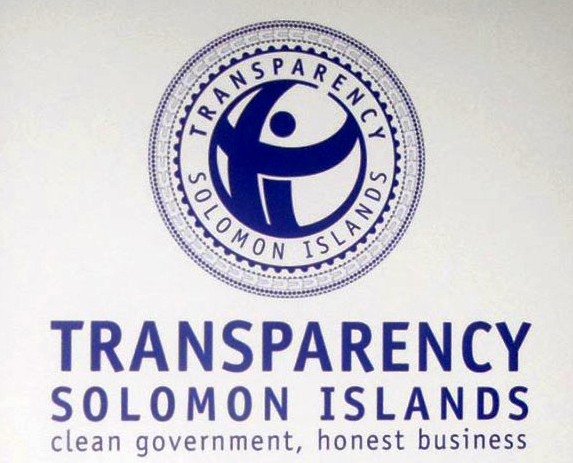
Ongoing vehicle support to the RSIPF raises questions amid operational shortages
Transparency Solomon Islands (TSI) notes with concern the recent statement by Principal Magistrate Beneteti regarding the Royal Solomon Islands Police Force’s (RSIPF) ongoing excuse of a shortage of vehicles to execute arrest warrants.
This highlights a long-standing operational challenge that continues to affect the justice system, despite significant logistical and vehicle support provided to the RSIPF by international partners in recent years.
This continues to affect not just the courts in discharging their responsibilities, but also impacts many aspects of police work, such as community-level crime. It undermines justice for victims, and denies those accused the opportunity to clear their names or be held accountable for offences committed. This in turn, affects the overall safety and security of the country.
Since 2022, the RSIPF has received multiple rounds of vehicle and equipment donations from the Australian Government, through the Australian Federal Police (AFP), and from the People’s Republic of China (PRC).
The donations were provided to enhance police capability in law enforcement, improve officers’ mobility for investigations and evidence gathering, and streamline the prosecution of cases. Ultimately, they aim to enhance public safety operations across the country.
A review of publicly available records shows the following key vehicle contributions to the RSIPF
| Year | Donor Country | Details of Donation |
| 2022 | Australia (via AFP) | 13 police vehicles handed over (November 2022). |
| 2022 | China (PRC) |
20 vehicles, 30 motorcycles, and 2 water-cannon trucks delivered (November 2022). |
| 2023 | Australia (AFP Partnership) | 7 new police vehicles provided (July 2023). |
| 2025 | Australia | 61 police vehicles delivered to support the 54th Pacific Islands Forum (August-September 2025). |
However, despite nearly yearly donations from development partners such as Australia and China, which aim to improve the RSIPF’s operational effectiveness and emergency response – police mobility remains severely limited in many parts of the country, including Honiara city.
The RSIPF’s repeated excuse of a ‘shortage of vehicles’ to justify failing to execute arrest warrants, despite ongoing donations, is simply not good enough. This inconsistency raises a question: how are our resources being managed, allocated, and maintained to ensure effective service delivery?
The RSIPF has a duty to deliver services efficiently and remain accountable to the public. It is an institution funded not only by Solomon Islands taxpayers but also by those of Australia and China, whose governments have donated these vehicles using their citizens’ tax money. RSIPF must therefore demonstrate transparency in how these resources are used.
Yet, there is no publicly accessible record indicating how many of these vehicles remain in active use, how they are distributed across provinces, or what portion may be allocated for administrative, non-operational, or special assignments.
The absence of transparency regarding the status and use of donated vehicles is concerning. As it is this transparency that allows the public to hold relevant authorities and institutions accountable, and builds public confidence in institutions such as the police. Without accessible records, it becomes difficult to ensure that these vehicles are being used responsibly and for their intended purpose.
Moreover, these failures in resource management have serious consequences for Solomon Islanders. As highlighted by Magistrate Beneteti, victims may be denied justice, and alleged offenders may evade accountability. In some cases, this excuse has reportedly been used by officers to solicit bribes, while citizens are sometimes forced to exaggerate situations to ensure police prioritise their case and respond with vehicles.
TSI wishes to remind the RSIPF that it is an institution of accountability and plays a crucial role in upholding democracy, transparency, and good governance. It is therefore important that the governance within RSIPF is strengthened and needs to go hand-in-hand with external support complimented by Executive Government support.
The Executive Government’s duty is to ensure that development aid does not only deliver resources but also reinforce institutional accountability and operational discipline.
While the ongoing donations from Australia and China represent valuable support to national policing, the persistent reports of shortages and logistical failures point to deeper issues of management and accountability within the RSIPF.
TSI reiterates that whilst foreign aid is a must and essential, it needs to genuinely strengthen law enforcement capacity and uphold the rule of law for all Solomon Islanders. This is not only an important role of the courts, but of the police who have the duty to uphold institutions of integrity.
END//
-TSI Press Release
